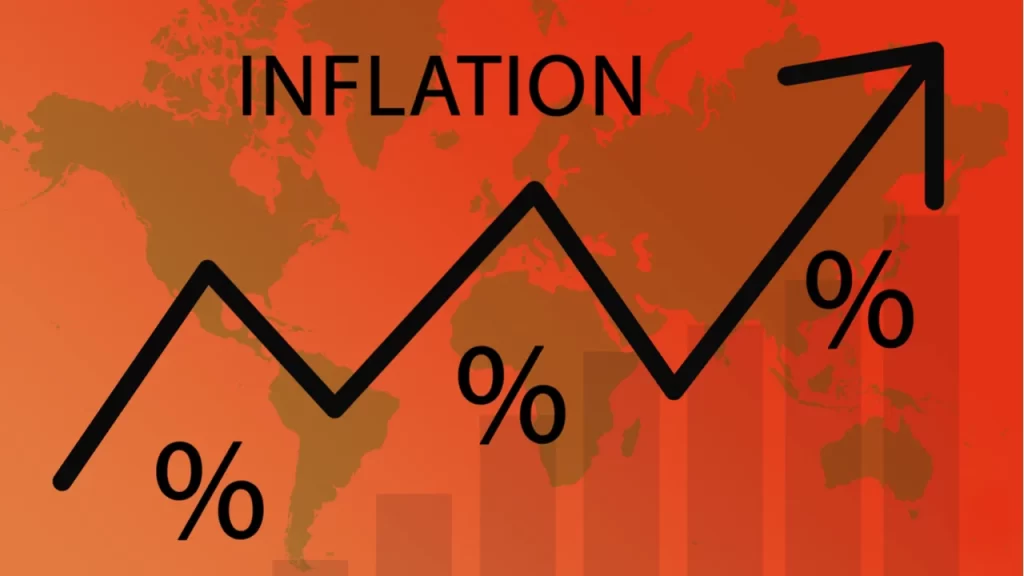Chief Executive Officer’s (CEO) survey has revealed that 46% of businesses reported revenue declines due to inflation and macroeconomic pressures.
The report conducted by Africa Practice was revealed at the 30th Nigerian Economic Summit (NES30), organised by Google for top CEOs, government officials, and industry leaders with the themed “Leveraging Digital Solutions to Navigate Economic Volatility’ aim to advance Nigeria’s digital economy and support businesses facing economic headwinds.
The report further revealed that despite these hurdles, 70% of business leaders are actively looking to digital solutions to adapt, innovate, and fuel future growth.
According to the report, the widespread adoption of digital tools signals a strong readiness among Nigerian businesses to embrace technology as a transformative force, identifying financial constraints, insufficient infrastructure, and limited access to foreign currency as key barriers to adoption.
“As Nigeria stands on the threshold of significant economic change, the country faces both complex challenges and vast potential. With a rapidly growing tech sector and a young, dynamic population, Nigeria is poised to become a leader in digital innovation across Africa. Digital transformation is essential for boosting economic growth, increasing productivity, and improving living standards. Research shows that for every $1 invested in digital technology, $8 is generated for the Nigerian economy—underscoring the immense value of embracing the digital shift,” google said.
Google said it is committed to exploring local payment solutions through partnerships, ensuring greater access to digital tools for businesses across Nigeria while government representatives pledged to fast-track the digitization of public services, improve cross-agency collaboration, and address fiscal barriers to support digital transformation.
Taiwo Oyedele, Chairman of the Presidential Committee on Fiscal Policy and Tax Reforms, stated: “I’m excited about forums like this between Private and Public sector because of the opportunity to hear from one another and ideate. I’m a firm believer in working together, because the private sector cannot thrive without carrying along the public sector. Digital transformation should be mobilised within government as foundationary and by beginning this dialogue and continuing momentum, we can achieve a true shift in how Nigeria operates, with a digital first mindset.”
Laoye Jaiyeola, Former CEO of the Nigerian Economic Summit Group, highlighted: “Policy formation is only as effective as the effort behind it. Over the years, we’ve seen businesses engage briefly but move on if there’s no immediate solution. The NESG through its Digital Economy Policy Commission provides a platform for the private sector to make meaningful contributions in advancing digital solutions.”
Olumide Balogun, West Africa Director at Google, highlighted the power of collaboration, stating: “Technology holds the power to transform lives and economies. We believe that by working together—across government, business, and communities—we can unlock the immense potential that Nigeria’s digital economy holds for the future.”
The discussion also explored the potential of Artificial Intelligence (AI) as a key driver of economic growth. Google reiterated the importance of a responsible and ethical framework for AI adoption, ensuring that innovation is inclusive and beneficial to all Nigerians.
The roundtable concluded with a shared vision for Nigeria’s digital future. The session declaration, agreed upon by all participants, outlines a roadmap for the continued growth of the country’s digital economy, reflecting a strong commitment from both public and private sectors to turn challenges into opportunities.








More Stories
Teenager in viral photo of Obi’s 2023 presidential campaign rally, Alabi Quadri languishes in jail
Ribadu tells families of kidnapped victims not to pay any ransom
Ozigbo rejects Anambra APC guber primary, calls it a theft